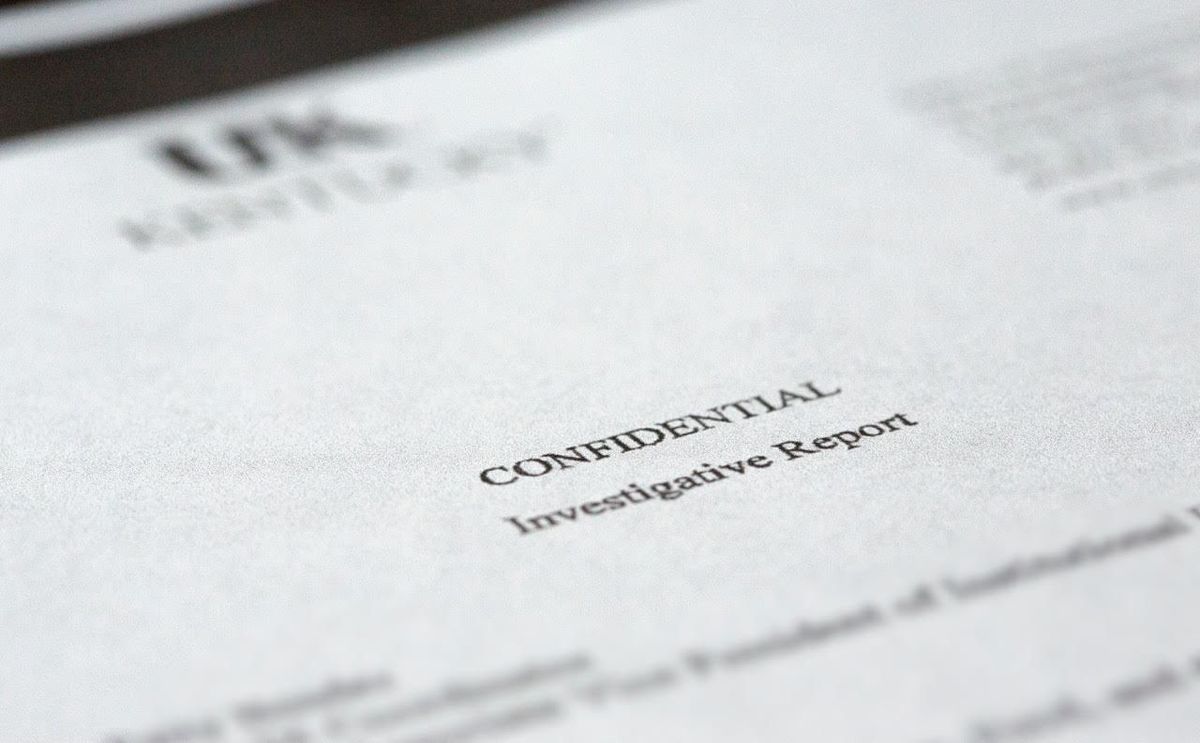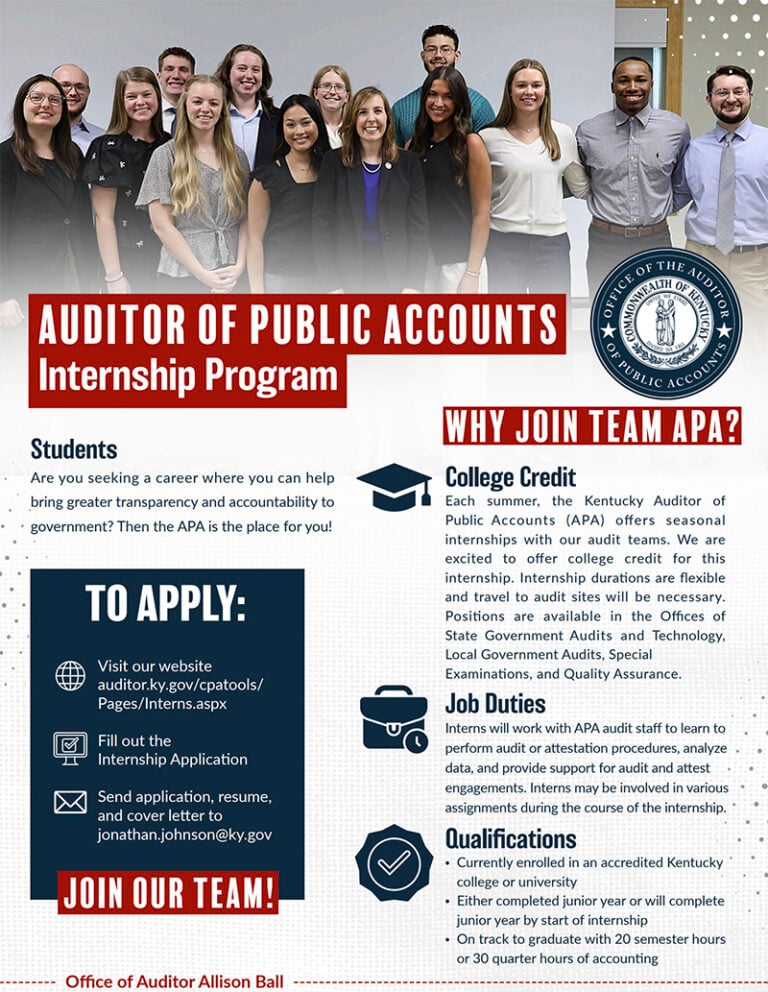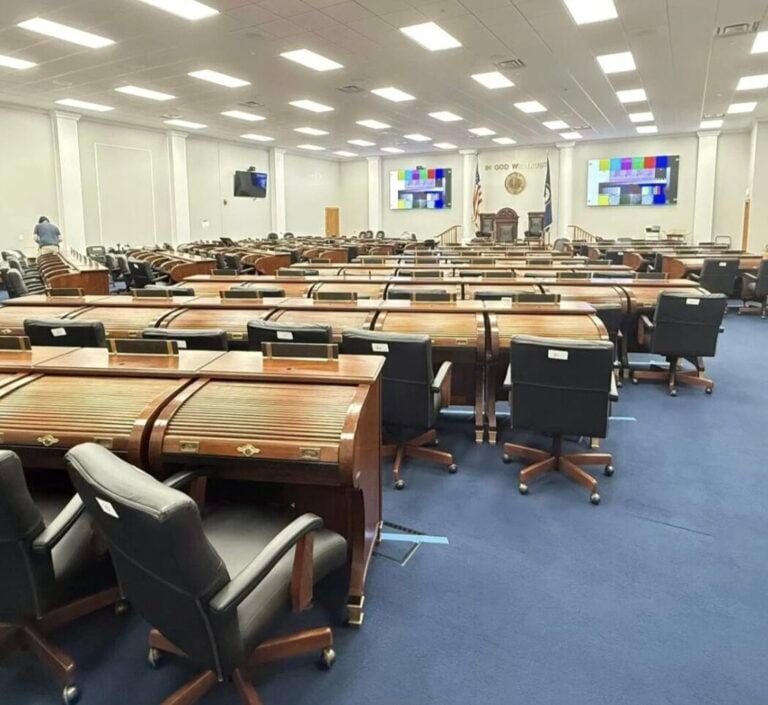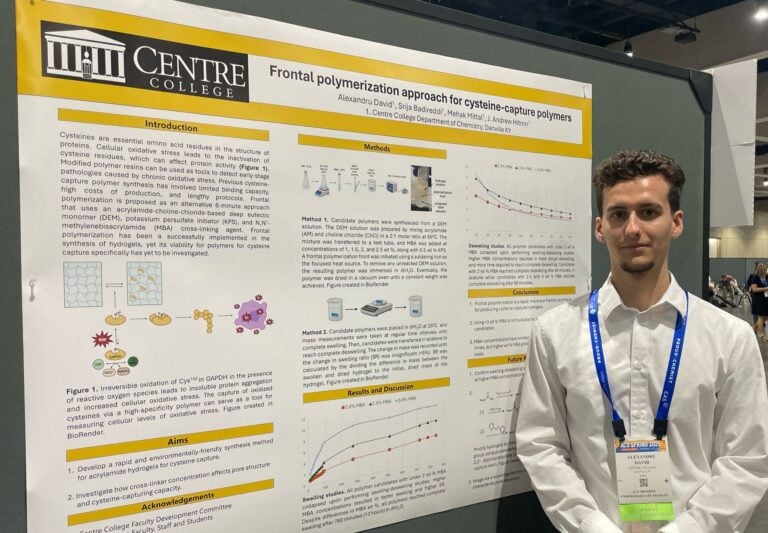
By Matt Smith
Kentucky Kernel
A Kentucky Kernel investigation into the policies of state universities found many of Kentucky’s public universities are following UK’s lead by withholding from the public sexual misconduct documents involving university employees.
Western Kentucky University cited the Kernel’s ongoing legal battle with UK over records involving a Title IX investigation into former associate professor James Harwood, who resigned after students accused him of sexual assault and sexual harassment, as a reason for withholding records.
Northern Kentucky University, which is facing its own legal court battle over Title IX records, asked for more time to process the Kernel’s request.
The judge in NKU’s case, William Bertlesman, denied the university’s motion to withhold documents of sexual assault investigations, and also denied its motion for a gag order.
University officials argued in court that FERPA, a federal law governing the disclosure of the educational records of students, justified their withholding of documents.
The Kernel filed open records requests with each of Kentucky’s public universities for all records of Title IX investigations into sexual misconduct allegations against university employees in the last five years. Multiple schools refused to release documents.
Western Kentucky University claims its documents are exempt from disclosure because the records “do not pertain to any final agency action, nor were they adopted as part of a final agency action.” WKU said that because the documents are “preliminary,” they do not have to be released, citing Kentucky statutes.
UK also used this justification in the Harwood case.
WKU Title IX Coordinator Andrea Anderson cited the ongoing legal battle between UK and the Kernel in the letter of denial, writing, “WKU is aware of the ongoing litigation between the Kentucky Kernel and the University of Kentucky over the very records requested from WKU. Should this matter resolve with the court ordering production of UK’s Title IX investigative files, WKU will supplement this response.”
While the university refused to release full details, Western did disclose that out of 20 Title IX investigations involving employees in the last five years, six were found to be in violation of university policy. All six of those employees resigned before the university took action in their cases. It is unclear if these employees continued to be paid, like in Harwood’s case.
Invoking FERPA
Similarly, both Kentucky State University and the University of Louisville denied requests for these records, citing both the Family Educational Rights and Privacy Act (FERPA) and the privacy rights of students and victims of sexual assault. KSU General Counsel Gordon Rowe said releasing the records would also violate the Clery Act and the Violence Against Women Act.
Former New York Senator James Buckley, the primary sponsor of FERPA when the bill passed in 1974, has said the intent of the bill was to protect student report cards and transcripts. He has since questioned the law’s usage outside of the academic arena.
UofL also released some numbers, showing there have been 13 alleged Title IX violations of university employees within the last five years.
Other schools, including Eastern Kentucky University, Morehead State University, Murray State University, and Northern Kentucky, all asked for more time to process the records related to this topic. The Kernel continues to wait for responses from those universities.
Each of those four universities said they would likely file further responses within the week.
Kentucky Press Association Attorney Jeremy Rogers said universities can claim documents are preliminary records up to the point that the investigation is closed. Universities must make a final decision on the accused employee. Rogers said that is typically a letter to the employee that explains if he or she will be fired, disciplined or (need word for not fired).
Rogers said that the court traditionally views that after the investigation is closed, the documents from the initial complaint to the final action letter are public record.
He said that each open record request that the Kernel filed will depend on where “the university is in that investigation.”

















